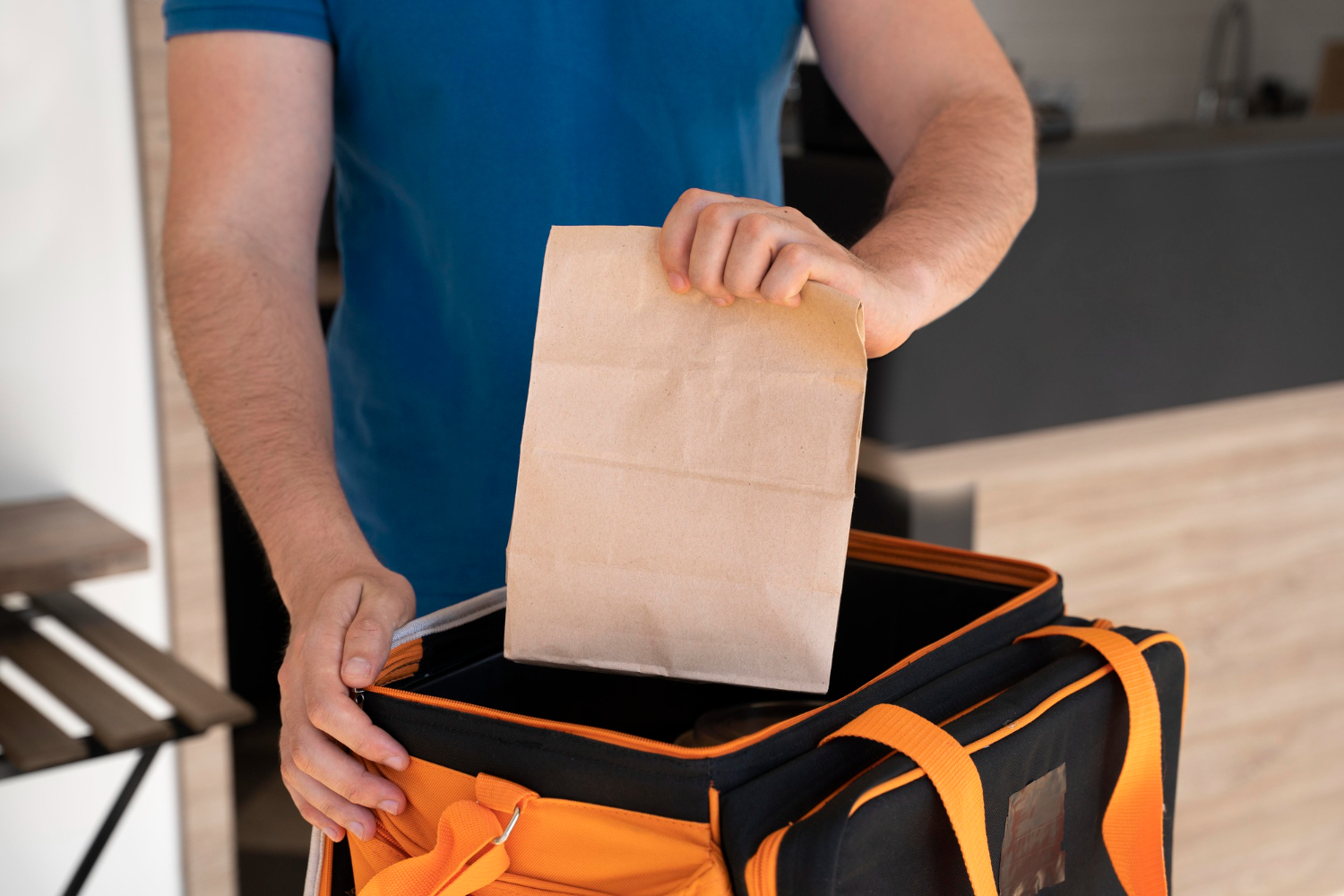On January 9, 2024, the U.S. Department of Labor unveiled a new federal labor rule with far-reaching implications for workers across various industries. This rule, designed to clarify the classification of workers as either employees or independent contractors, addresses the longstanding issue of misclassification. While it has the potential to reshape the employment landscape, this article focuses on how this new rule will affect the delivery workers who are the backbone of third-party delivery services such as Grubhub, DoorDash, and Uber Eats.
The New Federal Labor Rule:
The new federal labor rule, scheduled for March 11, 2024, represents a significant departure from the previous regulations. It revisits and reinterprets the 1938 Fair Labor Standards Act (FLSA) and effectively nullifies the Independent Contractor Status Under the Fair Labor Standards Act enacted during the Trump administration. This rule introduces a comprehensive six-factor test to determine a worker’s classification as a contractor or an employee.
The Six-Factor Test:
The six factors outlined in the new rule consider various economic criteria, including:
- Independent decision-making by the worker.
- The worker’s opportunity for profit and loss.
- The skill level required for the job.
- The permanence of the working relationship.
- The worker invests in tools necessary for the task (e.g., a delivery driver’s vehicle).
- The degree to which the services provided are integral to the company’s operations.
Previous regulations were simpler and primarily focused on the employee’s control over their work and potential for profit or loss. This shift towards a more complex set of criteria has raised questions about its impact on the classification of delivery workers.
Delivery Companies’ Stance:
Grubhub, DoorDash, and Uber Eats, significant players in the third-party delivery industry, have publicly expressed confidence that the new federal labor rule will not change the independent contractor status of their delivery workers. According to them, workers will continue to be classified and paid as independent contractors, ensuring flexibility for their workforce.
DoorDash stated, “We are confident that Dashers are properly classified as independent contractors under the FLSA, and we do not anticipate this rule causing changes to our business.” Uber Eats echoed a similar sentiment, emphasizing that their drivers value their unique independence.
State-Specific Labor Rules:
It’s essential to note that states like New Jersey and California have already implemented stricter labor rules like the ABC test. These tests consider whether the employee works outside the employer’s control, maintains the pace of business, and operates outside the usual course of business. Under such jurisdiction, the relationship between delivery apps and their workers may be questioned as an independent contractor dynamic.
Policy Experts’ Concerns:
Despite the confidence expressed by delivery companies, policy experts remain skeptical about the impact of the new federal labor rule. They argue that the vagueness of the criteria introduced in the six-factor test may lead to increased ambiguity and more cases of misclassification.
Sean Higgins, a labor policy expert at the Competitive Enterprise Institute, stated, “The Labor Department’s new worker classification rule is a significant step back for freelance workers, companies, and consumers, needlessly adding confusion to the employee vs. independent contractor debate.” He further raised concerns that employers might hesitate to hire contractors due to fear of regulatory scrutiny, potentially limiting flexible work opportunities for individuals who rely on the gig economy.
Potential Challenges Ahead:
The Associated Press has reported that the U.S. Chamber of Commerce is considering legal challenges to the new federal labor rule. These challenges could shape the rule’s future, impacting delivery workers and the broader gig economy.
Conclusion:
President Biden’s new federal labor rule introduces more intricate criteria for classifying workers as employees or independent contractors. While delivery companies remain optimistic about the status of their workers, policy experts and organizations like the U.S. Chamber of Commerce have raised concerns about the rule’s potential adverse effects on the gig economy and its workforce. As the rule goes into effect on March 11, 2024, the fate of delivery workers and the gig economy hangs in the balance, awaiting legal challenges and practical implementation.
Florida Food Handler Certificates
Avoid fines by ordering your Florida Department of Business and Professional Regulation-approved Food Worker Program certificates today. They’re available for just $4 each. Program #5552749. Place your order online here or call (561) 703-7196
***Please note that the insightful and engaging content provided on our platform is crafted by our dedicated Marketing Department’s content writing team. While Ken Kuscher is the esteemed figure and expert within our industry, the articles and blog posts available are not personally authored by Ken.





